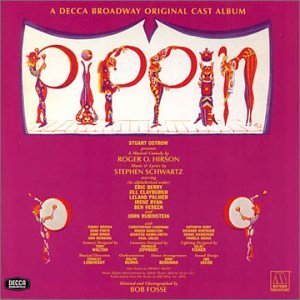|
11/4/2020 1 Comment On the Inside; On the Outside Click to listen to Corner of the Sky Click to listen to Corner of the Sky “There is therefore now no condemnation.” Romans 8:1 My parents built my childhood home in a rural area with a good school, where the land was in expensive and there were no housing tracts. Our neighborhood was surrounded by dairy farms and many of our neighbors had been in the area for several generations. When I was in 5th grade my parents decided to change churches, from the one in the nearby village, to one squarely in the suburbs of Syracuse. The other adults welcomed us warmly, but my peers weren’t too sure. One time someone made a dig that the kids in my school district had to wipe the cow dung off of their boots before entering the school. The irony was that I didn’t fit in all that well with the kids in my community because our family was not from there and my dad was not a member of the volunteer fire department. When our school chorus sang Corner of the Sky from Pippin I belted out “Why do I feel I don’t fit in anywhere I go?” with feeling. When I went to college I encountered a lot more diversity among the student body and faculty. Many of the political views I had been raised with were much more the norm than they were at home. The few people there with conservative views and lifestyles found it hard to fit in. I was clearly an odd one for getting up each Sunday and going to church before brunch. Like a vine growing on a trellis, those four years of college and another four living and working in that community bent my thoughts and actions toward the left. I came to realize that I felt lopsided the day I discovered that my father was a registered Republican and I cried. Already sensing my call to ministry I decided that I wanted a seminary that could bend and shape me in a different direction. It’s one thing to have an identity and ideology that helps you know who you are and what you stand for, guiding your actions. It’s another thing all together when that identity is so strongly binary that it makes the other automatically an enemy. If we judge those who vote differently than we as “utterly disgusting” or “stupid,” if driving through neighborhoods with many signs for the opposing party seems like we are in “enemy territory,” then we are cutting ourselves off from the very connection that is required for any true change. I appreciate my friend who observed that when we “demonize” voters for the opposing party, those people often as not “withdraw from the conversation, double down on their opinions, and don’t admit them as openly.” We end up talking at one another rather than listening to one another. When have you found yourself on the outside because of assumptions someone makes about who you are? When have you dismissed someone close to you as evil, disgusting or stupid, thus damaging your relationship with that person?
1 Comment
Tim
11/5/2020 04:26:25 pm
Great blog, Sarah, and so true. I’m ashamed to say I have contributed to the “us vs. them” virus raging through our country and the world. I bet your father isn’t a registered Republican any more!
Reply
Your comment will be posted after it is approved.
Leave a Reply. |
AuthorSarah Mount Elewononi is an ordained Elder in the United Methodist Church. A member of the New England Annual Conference for over 20 years, Sarah now resides with her family in greater Pittsburgh. Sarah completed the requirements for her doctorate from Boston University on Christmas Eve 2014. She worked with Dr. Karen Westerfield Tucker and Dr. Nancy Ammerman to better understand worship and change - both how repeated acts of worship change us, and how and why worship changes whether we want it too or not, and why we can be resistant to that change. Her dissertation was focused on Methodist worship at New England camp meetings in the 19th Century. Sarah is a member of the North American Academy of Liturgy, the Order of St. Luke and the Girl Scouts. Currently she leads her daughters' Girl Scout troop and serves as a substitute teacher. She also teaches a variety of United Methodist Course of Study offerings in worship, theology and Biblical studies. Archives
October 2021
Categories |
 RSS Feed
RSS Feed
